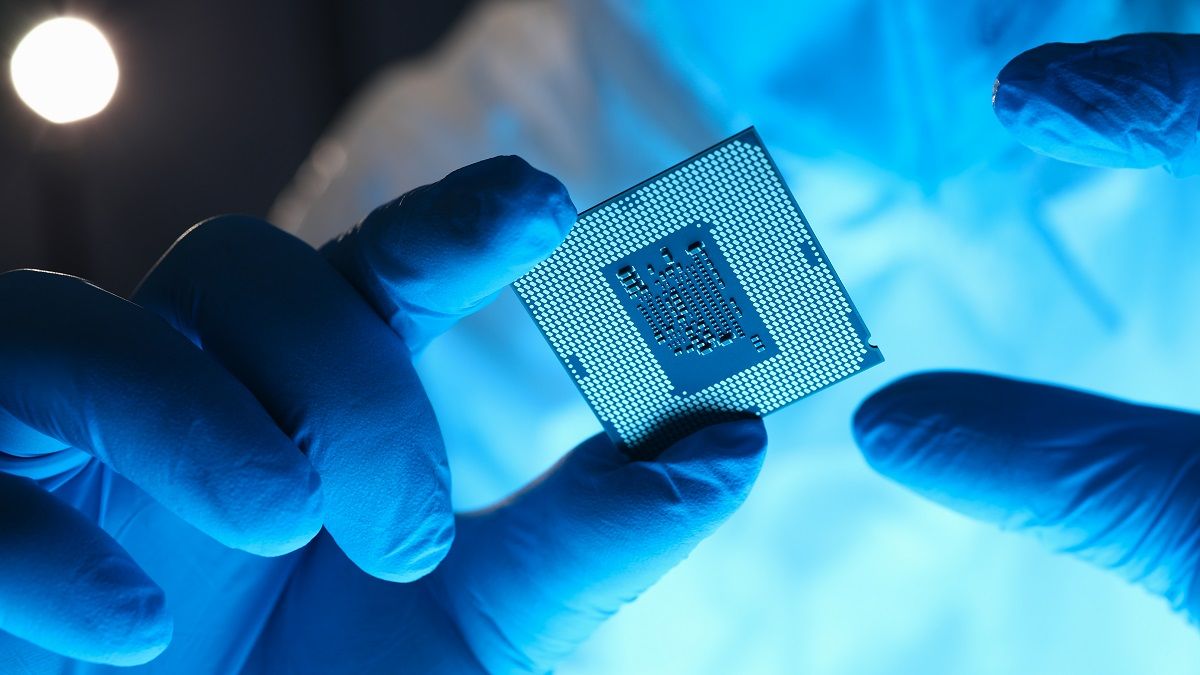Some element of ‘chip war’ would appear to be brewing between China and Europe.
The Chinese government has announced that companies exporting gallium and germanium – both vital in the production of computer microchips – will now require an export licence. This comes a week after Dutch firm ASML was hit with new export controls on a large part of its product portfolio—a move that seems to have provoked China to retaliate.
As Yahoo Finance reported: “The new regulation will force ASML to apply for licences to ship some advanced deep ultraviolet lithography systems. The measures, which were published in the Dutch official gazette on Friday, will come into effect on 1 September, the government said in a statement.
“Although the measures don’t specifically mention China or ASML, they are designed to restrict the shipments of three models of the company’s machines to the Asian country.” Yahoo Finance also highlighted that ASML is Europe’s most-valuable tech company, with “a near-monopoly on the machines that chipmakers need to produce the most advanced chips”.
CNBC meanwhile laid out the technical aspects behind the move, explaining: “ASML’s machines are used by advanced chip manufacturers like Taiwan Semiconductor Manufacturing Co. There are two key tools it makes. The first is a so-called immersion deep ultraviolet lithography machine, which is used to manufacture memory chips. These chips are used in a plethora of devices, from smartphones to laptops and servers, and could ultimately be used for artificial intelligence applications. The second is called an extreme ultraviolet lithography machine which is used to make more advanced chips.”
‘National security’ grounds
The move follows similar legislation in October from the US government, which placed export restrictions on American chipmaking tools destined for China. Those moves, said Reuters, were done on ‘national security grounds’. This may partly explain China’s restricting the export of gallium and germanium and Reuters suggested there were fears the country could further limit other precious materials such as rare earths.
Back in April, the European Parliament and the EU Member States passed the European Chips Act, which aims to make the market competitive with the US and Asia in the production of microchips. Expert Investor has written widely about the issue of semiconductors on the continent. In 2021, for example, we argued the economic recovery following the Covid pandemic could potentially be lost due to the shortage of chips.







